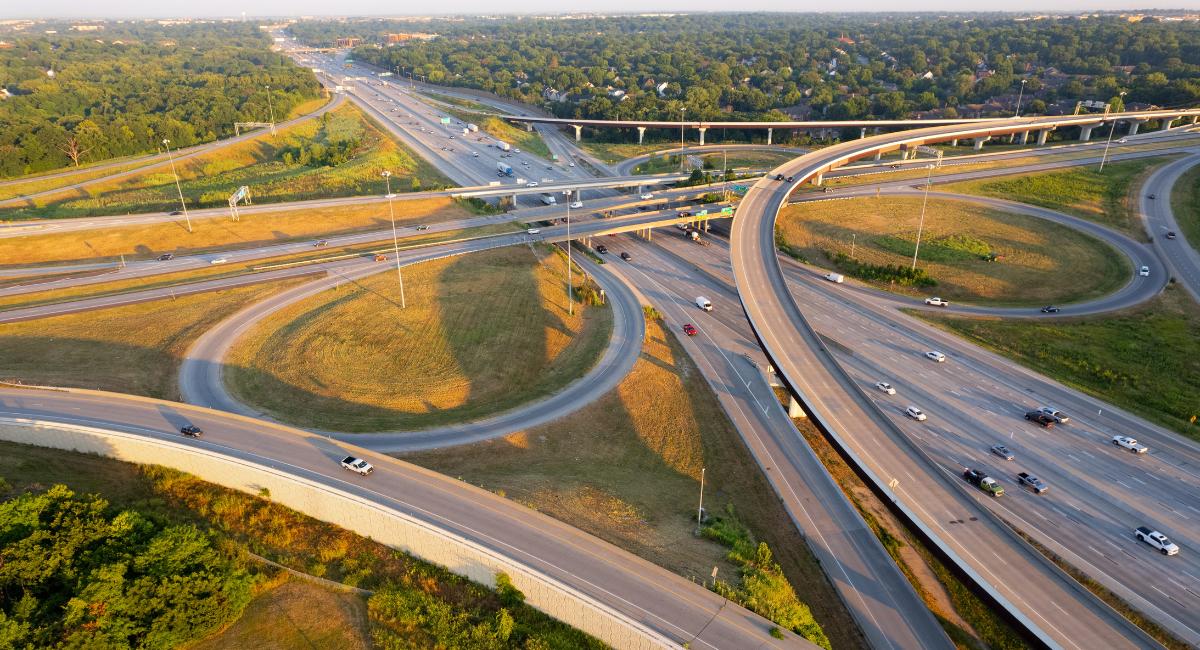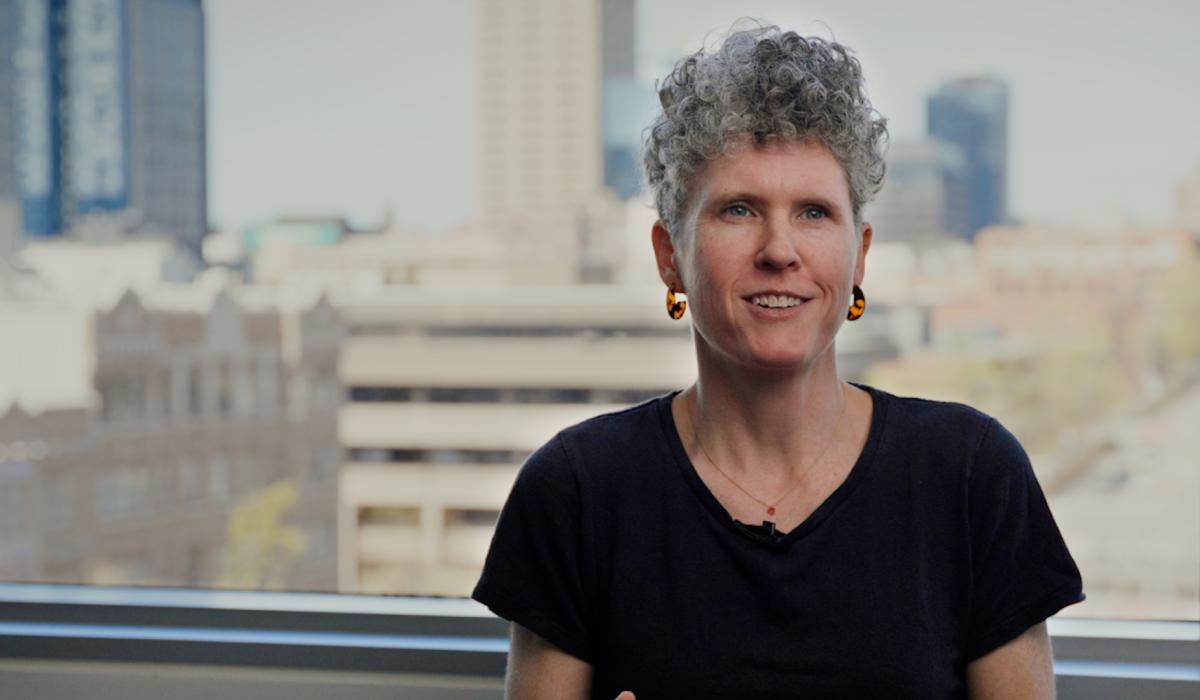
People love talking about the weather, but what they like talking less about is why certain weather patterns exist. That’s something Joan Casey has observed as a scientist who studies climate change’s impact on communities.
These topics can be hard to discuss, as human-created pollution has led to more devastating events, like flooding, extreme heat, and wildfires. Yet understanding how climate change is impacting community health is as helpful as a G.P.S. is to navigating around traffic, crashes, or road closures, Casey said.
“That's the kind of information that climate science is giving us: the ability to prepare, to adapt and to get places safely going forward,” Casey said.
As many federal grants to public health research have been recently cut, including reports that funding for research on climate change’s impact on health may soon be eliminated, this type of navigational tool to protect public health will soon be at risk.
Casey is an associate professor of environmental and occupational health sciences and epidemiology at the University of Washington School of Public Health. In this Q&A, Casey shares why research about climate change’s impact on health is critical to keeping communities safe.

What impact will funding cuts to climate change and health research have on public health?
Joan Casey: Funding cuts to climate change research can impact people in unexpected ways. Obviously, we'll have less of an understanding of how factors like wildfires, tropical cyclones or huge windstorms might impact our health and what sort of outcomes to expect. But it also can be linked to reduced treatment for people with chronic illness, where their illness might be exacerbated by climate-related exposures. For example, if there are really high temperature exposures while cancer patients are undergoing chemotherapy, it might mean the treatment doesn't work as well.
These are the kinds of questions that people are exploring and trying to understand so that we're prepared for the future. There are very obvious impacts, and then there are these impacts that I think will reverberate for a long time in unexpected ways.
What are some examples of research projects that you or others have worked on around climate change’s impact on health?
My lab has done a lot of work trying to understand how wildfires impact our health, both immediately when we inhale smoke and then over a longer-term period. We also are trying to understand who is most affected and why. Some of our work, for example, has looked at short-term exposures to wildfire smoke and people seeking care for respiratory illness in the following days. When there's more smoke, we see more respiratory visits. We also see certain communities experience much worse impacts. Some of the things we've been able to uncover are the characteristics of those places where impacts of smoke are better or worse. We found in California that communities with more air conditioning actually are much more protected from the impacts of smoke. Findings like this can lead to real structural changes in improving people's health during these types of wildfire events.
Another project we've worked on recently is in relation to the January 2025 Los Angeles wildfires. In this massive wildfire event, thousands of structures were burned. Nearly 30 people were immediately killed by these fires. This is a really tragic and unprecedented event in an urban setting in the U.S., and something we're expected to see more of under climate change. We wanted to understand as quickly as possible the population health impacts. Through National Institutes of Health-funded research, we have been able to work with collaborators in Los Angeles at Kaiser Permanente in Southern California and analyze patterns in electronic health record data. We've already been able to see, just a few months later, big increases in care-seeking for respiratory, cardiovascular disease, neuropsychiatric, and injury-related outcomes in the week following the fires’ ignition. Something that was unique and new that we found was that Kaiser patients were really utilizing virtual care in a way that hasn't been noted before. This is an important finding for all climate-related disasters; health care systems may need to think about staffing up virtual care and offering it as an alternative to people in areas where they might be safer staying indoors or where patients and providers have evacuated and normal care becomes impossible. Information like this that's come out of research can help our health care systems prepare to keep our population safer as climate change continues.
My group worked on a study around the 2021 Pacific Northwest heat wave, where temperatures were extraordinarily high in many northwest states. We found very elevated levels of injury-related mortality in the week of this heat wave. In the two weeks following, we found over 150 more injury-related deaths than we would have expected if there had been no heat wave. Understanding what to expect when a heat wave hits can help us keep our populations safer.
How has climate change and health research been helpful to communities?
Research coming out of my lab and out of other shops can help us prepare for climate change and the impacts that are already here. A lot of my work is with health care systems, places like Kaiser Permanente that are serving large patient populations across the west coast in the U.S. Our work provides them them with crucial information about people in their catchment areas in terms of health care utilization when climate change events are happening, which can help them prepare staff and also hopefully prevent some of these adverse outcomes from happening by communicating with their patients. We see that the people folks trust the most, our health care providers and nurses, can have conversations with people about how to protect themselves when it's extremely hot outside, or when air quality is very bad. Working with these healthcare systems and giving them the information they need to help their patients stay safe and do more preventive care is a major goal.
Why will research on climate change and health continue to be important?
One thing I've noticed recently is we're all very comfortable talking to each other about the weather. But we don't want to talk about this long-term driver of why we have the weather that we do. Science is like our Google Maps for climate change. If we get in our car and don’t turn on Google Maps, we may start driving and not know what to expect. If we don't have climate science, we don't really know what the future might hold, and we can't plan ahead. If we're able to get in our car and follow our G.P.S. to our location, it might tell us that the road is closed and maybe divert us onto a safer road that takes less time. That's the kind of information that climate science is giving us: the ability to prepare, to adapt and to get places safely going forward.